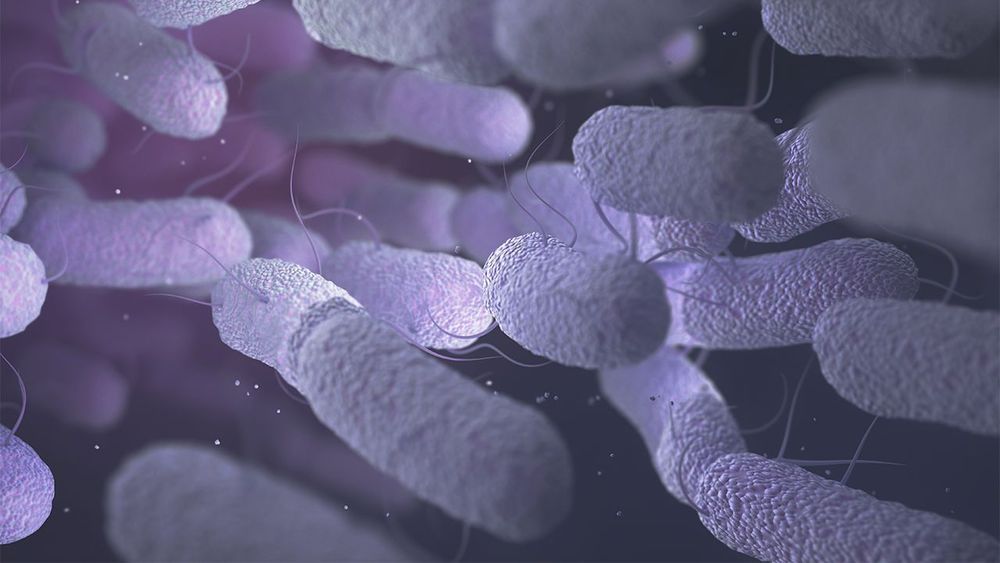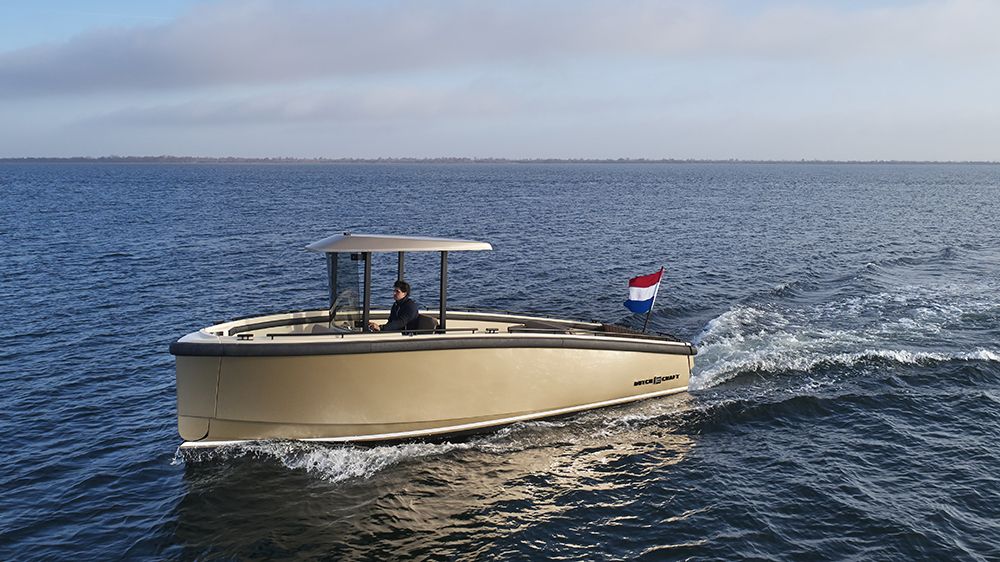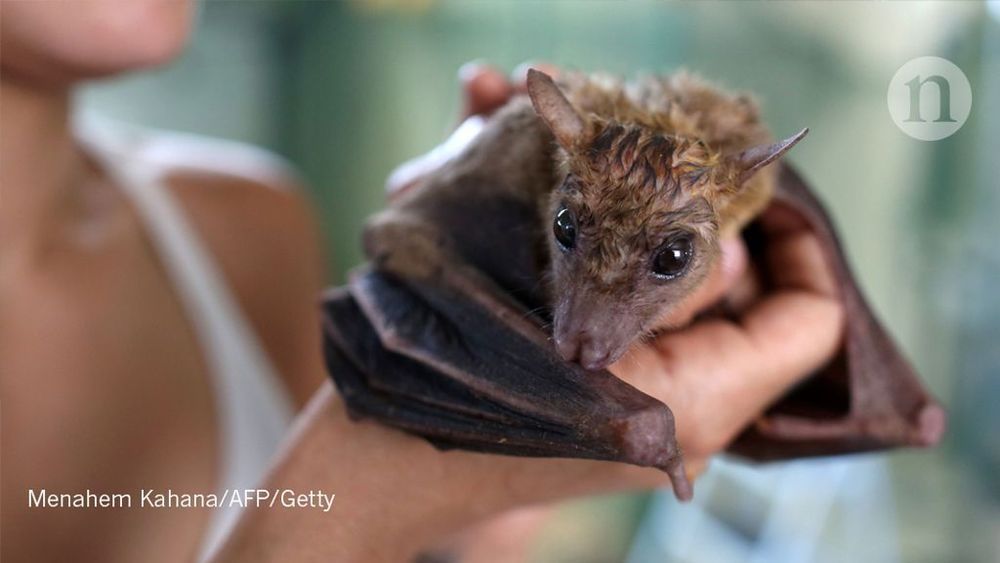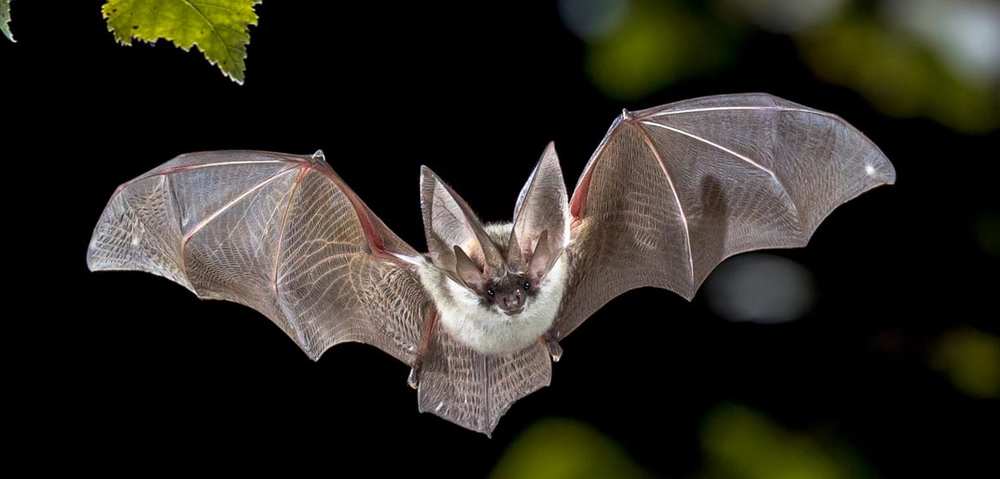Two studies find strong predictive power of microbiome in complex diseases and death.




Tenders don’t typically make the biggest waves at boat shows, but DutchCraft’s new all-electric vessel is vying to change that. The innovative 26-foot tender will make its world debut at Boot Düsseldorf this month and promises to impress even the most discerning marine enthusiasts.
Get ready to meet the clean, quick and silent tender of your dreams.

The Měnglà virus can infect human cells but the risk of its transmission from bats to humans is unknown.
Zheng-Li Shi at the Chinese Academy of Sciences in Wuhan and their colleagues examined a Rousettus fruit bat caught in southern China. The bat’s liver contained a new type of filovirus that the researchers named Měnglà virus for the county where the bat was captured. Měnglà is substantially different from both Ebola and Marburg virus, highlighting the genetic diversity of filoviruses in bats.

Zoonotic diseases may become the source of more outbreaks in the future. People must take note and pass the appropriate regulations to prevent future outbreaks.
https://www.newsroom.co.nz/2020/01/22/996315/are-bats-to-blame-for-chinas-virus#
As bats and humans cross paths more viruses are making the jump from bat to people. China’s latest scare is the latest coronavirus to affect humans likely to have its origins in bats.
The outbreak of a brand new virus in China has put humans’ relationship with bats under the spotlight again.
As the human population grows, so too are our interactions with bats, either through people and domestic animals sharing bat habitats, or increased hunting of bats for meat.
Can this “shed new light” on the scourge To explore new physical means in controlling locusts, semiconductor continuous diode laser (wavelength 808nm, power 2W) was used to evaluate the effect of laser irradiation on locusts(Locusta Migratoria Manilensis) and host plants (fresh Gramineous Plant Green Bristle Grass).At different distances and time, the heads of Ⅰ-Ⅲ instar nymphs and Ⅵ-Ⅴ instar nymphs were irradiated, and the death rate was observed two hours, two days and three days after treatment;the leaves and stems of host plants were irradiated, and the growth state was observed. The results indicated that the locusts were killed when power density nears the tissue’s thermal damage threshold.

Study reveals interplay of an African bat, a parasite and a virus
Since the emergence of Severe Acute Respiratory Syndrome Coronavirus (SARS-CoV) and Middle East Respiratory Syndrom Coronavirus (MERS-CoV) it has become increasingly clear that bats are important reservoirs of CoVs. Despite this, only 6% of all CoV sequences in GenBank are from bats. The remaining 94% largely consist of known pathogens of public health or agricultural significance, indicating that current research effort is heavily biased towards describing known diseases rather than the ‘pre-emergent’ diversity in bats. Our study addresses this critical gap, and focuses on resource poor countries where the risk of zoonotic emergence is believed to be highest. We surveyed the diversity of CoVs in multiple host taxa from twenty countries to explore the factors driving viral diversity at a global scale. We identified sequences representing 100 discrete phylogenetic clusters, ninety-one of which were found in bats, and used ecological and epidemiologic analyses to show that patterns of CoV diversity correlate with those of bat diversity. This cements bats as the major evolutionary reservoirs and ecological drivers of CoV diversity. Co-phylogenetic reconciliation analysis was also used to show that host switching has contributed to CoV evolution, and a preliminary analysis suggests that regional variation exists in the dynamics of this process. Overall our study represents a model for exploring global viral diversity and advances our fundamental understanding of CoV biodiversity and the potential risk factors associated with zoonotic emergence.

According to ancient lore, Genghis Khan instructed his horsemen to wear silk vests underneath their armor to better protect themselves against an onslaught of arrows during battle. Since the time of Khan, body armor has significantly evolved—silk has given way to ultra-hard materials that act like impenetrable walls against most ammunition. However, even this armor can fail, particularly if it is hit by high-speed ammunition or other fast-moving objects.
Researchers at Texas A&M University have formulated a new recipe that can prevent weaknesses in modern-day armor. By adding a tiny amount of the element silicon to boron carbide, a material commonly used for making body armor, they discovered that bullet-resistant gear could be made substantially more resilient to high-speed impacts.
“For the past 12 years, researchers have been looking for ways to reduce the damage caused by the impact of high-speed bullets on armor made with boron carbide,” said Dr. Kelvin Xie, assistant professor in the Department of Materials Science and Engineering. “Our work finally addresses this unmet need and is a step forward in designing superior body armor that will safeguard against even more powerful firearms during combat.”